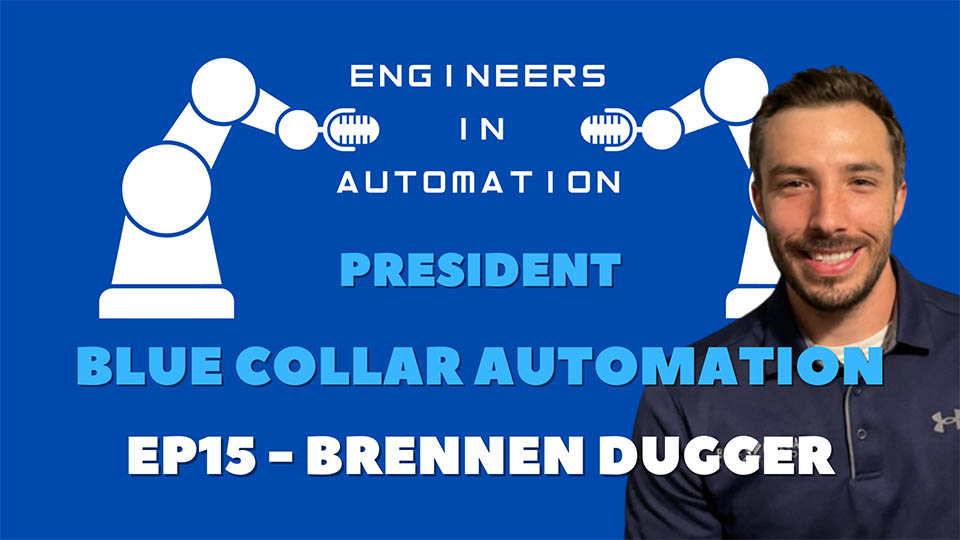Industrial Robot Trends in 2023
Keegan Dillon • February 22, 2023
Top 5 Industrial Robot Trends In 2023
Robots are becoming more sophisticated and capable as robotic technology advances at an unprecedented rate. From manufacturing to healthcare, robots are being used in many industries to automate tasks, improve efficiency, and enhance productivity. With the year 2023 upon us, it's worth looking at the top 5 trends in robots that we can expect to see in the coming year.
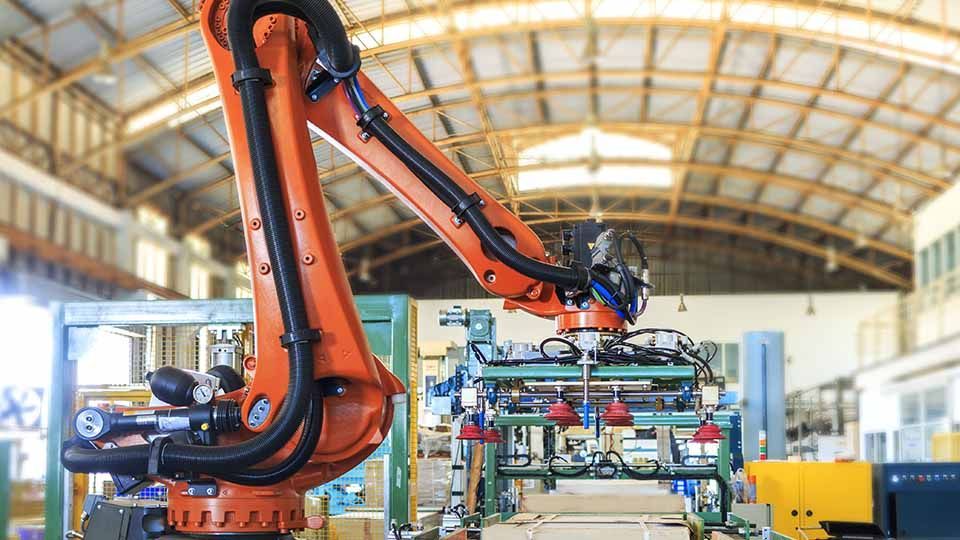
These trends include advancements in artificial intelligence, the integration of robots in our daily lives, the rise of collaborative robots, the development of more affordable robots, and the continued expansion of the robotics market. Let's explore these exciting developments in more detail below.
1. Increase In Refurbished Robots
Refurbished industrial robots are becoming increasingly common as businesses seek more cost-effective ways to implement automation in their manufacturing processes. With rapid technological advancements, industrial robots are becoming obsolete faster than ever. Many companies find purchasing new robots prohibitively expensive compared to purchasing used industrial robots.
2. Reshoring Robot Manufacturing
In recent years, robot companies have been reshoring their production and manufacturing processes to the countries where they sell their products. This trend is driven by several factors, including rising labor costs in traditional manufacturing centers like China and a desire to be closer to customers and reduce shipping times and costs.
Reshoring allows companies to gain greater control over their supply chain and reduce their exposure to geopolitical risks, such as tariffs, trade disputes, and shortages. By producing robots in the same country where they are sold, companies can also tailor their products to the needs and preferences of local markets.
Reshoring can create jobs in the countries where the products are sold, providing economic benefits to local communities. In some cases, governments, like the United States, have incentivized robot companies to reshore their production through tax breaks or subsidies.
Despite the benefits of reshoring, there are still challenges that companies still need to work on finding skilled workers and investing in new manufacturing facilities. However, with the growing demand for robots and the increasing importance of supply chain resilience, we expect more companies to consider reshoring as a strategic option for their business.
3. Becoming More Energy Efficient
Amidst increasing energy costs, energy efficiency has become crucial in improving companies' competitiveness. One way to lower energy consumption in manufacturing is by adopting robotics, which can bring considerable energy savings compared to traditional assembly lines. Robots can work at high speeds, increasing production rates and making the manufacturing process more time- and energy-efficient.
Modern robots are designed to consume less energy, resulting in lower operating costs. Companies increasingly use industrial robots equipped with energy-saving technology to meet sustainability targets for their production. For instance, robot controls can now convert kinetic energy into electricity and feed it back into the power grid, significantly reducing the energy required to run a robot.
Being energy efficient means intelligent power-saving modes can control the robot's on-demand energy supply throughout the workday, reducing energy consumption. As a result, connected power sensors are becoming an industry standard for robotic solutions, allowing industrial facilities to monitor their energy consumption while using energy-efficient robots.
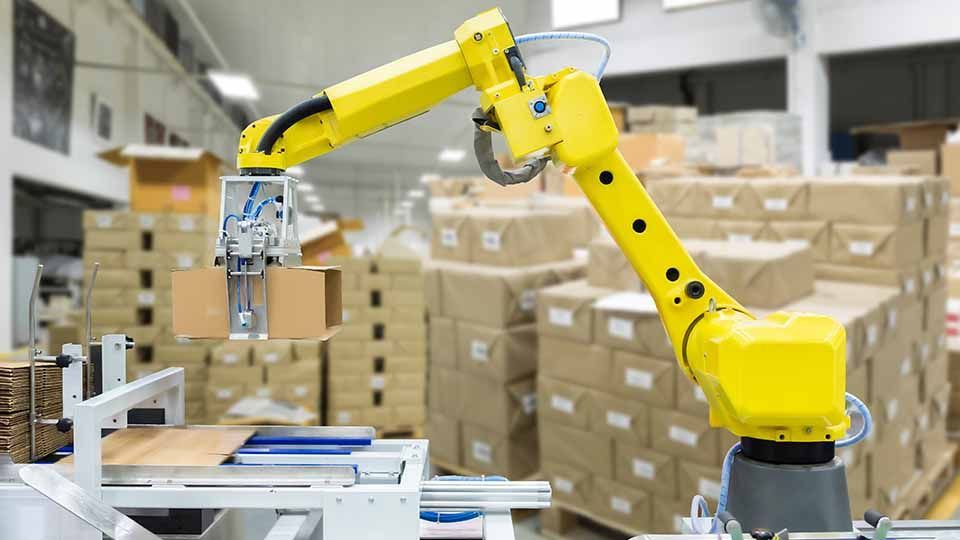
4. More Artificial Intelligence Features
We expect to see an increase in industrial robots using artificial intelligence (AI) to improve in various ways. One of the most significant areas of improvement will be robots' ability to learn and adapt to new situations. With advances in machine learning and deep learning algorithms, robots can process and analyze large amounts of data in real-time, making more informed decisions and improving performance.
AI will enable robots to work collaboratively with humans, a trend known as "cobotics." With AI-powered robots, companies can develop human-robot teams that combine the unique strengths of both humans and machines, improving productivity, efficiency, and safety.
Plus, another key area where AI will enhance robots is the development of environmental learning by robots. By integrating AI algorithms, robots can navigate and interact with their environment more effectively while increasing their awareness of preventative maintenance schedules to decrease potential downtime.
5. Ease Of Use
Robot programming has become easier in recent years due to technological advances and the development of more user-friendly programming interfaces. In the past, programming robots was a complex and time-consuming task that required specialized knowledge and skills. However, with more intuitive and user-friendly programming tools, even non-experts can now program robots.
- User Interfaces: Graphical user interfaces (GUIs) allow programmers to control robots using drag-and-drop programming tools and pre-built libraries, making creating robot programs without extensive coding knowledge possible. Additionally, many of these tools provide real-time feedback and visualization, allowing programmers to identify and correct errors quickly.
- Simulation Software: Simulation software allows programmers to test robot programs in a virtual environment before running them on an actual robot, reducing the risk of errors and improving programming efficiency. Some simulation software also includes pre-built models and libraries, further simplifying the programming process.
- Cloud-Based Programming Platforms: This has made it easier for programmers to collaborate and share code. Cloud-based platforms provide easy access to programming tools and allow multiple users to work on the same code simultaneously, enabling faster and more efficient programming.
These advances in user interface technology and programming tools have made it easier for programmers to create and modify robot programs, reducing the time and resources required to implement and maintain robotic systems.
Industrial Robot Trends in 2023
In conclusion, 2023 promises to be a significant year for the robotics industry, with numerous advancements and innovations. From the use of AI to improve robot capabilities and human-robot collaboration to the increasing popularity of refurbished industrial robots and the trend of robot companies reshoring, these are just a few of the key trends shaping the future of robotics.
With an increased focus on energy efficiency and the development of more user-friendly programming tools, we can expect robots to become even more versatile, efficient, and accessible than ever before. As the robotics industry continues to grow and evolve, it will undoubtedly revolutionize various industrial sectors, making them safer, more efficient, and more productive.
Source: International Federation of Robotics.
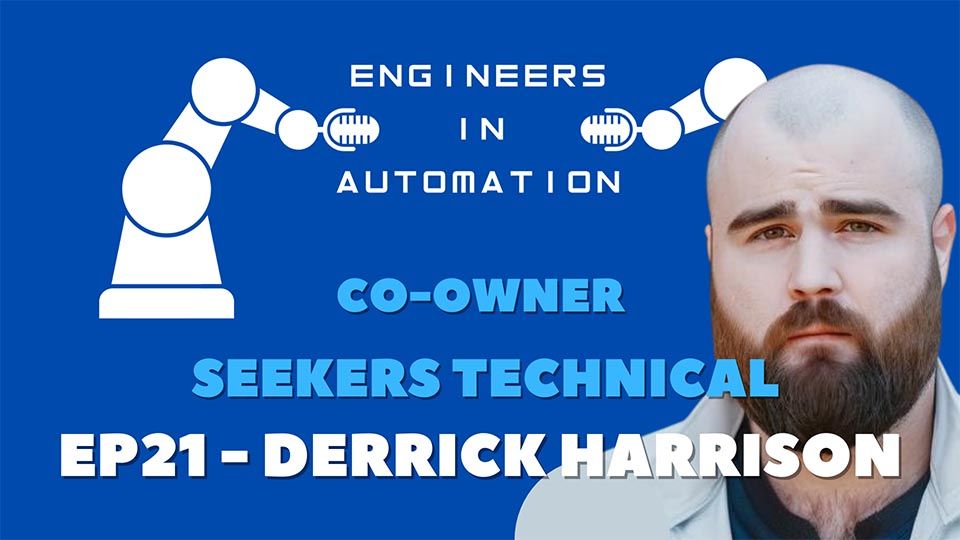
In this episode, we talk with Derrick Harrison, the co-owner of Seekers Technical. We talk about what makes his company unique compared to other staffing and recruiting firms. We discuss the onboarding process for clients and employees. We also discuss some of the lessons learned and mistakes he’s made as a new small business owner
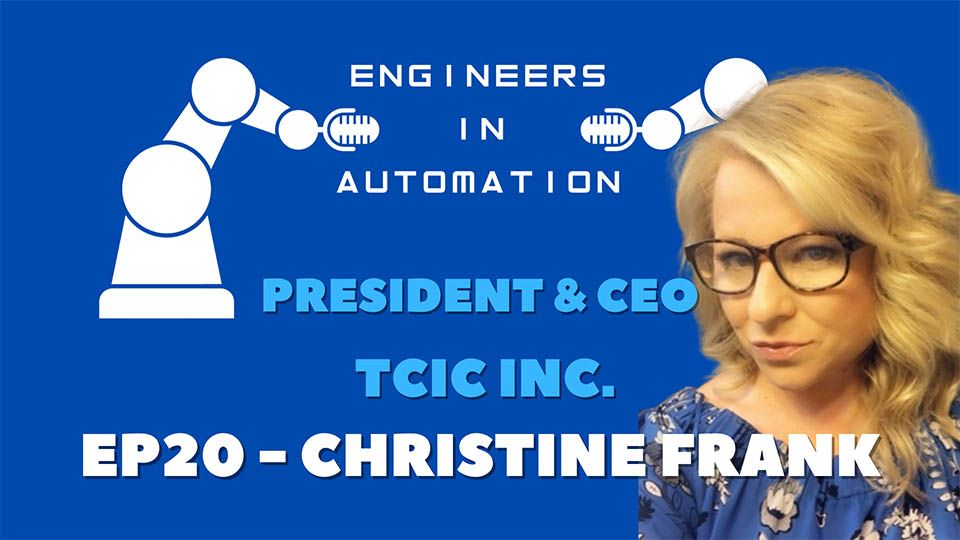
In this episode, we talk with the President and CEO of TCIC Inc., Christine Frank. We have in-depth conversations about how to buy a business. We talk about the struggles that occur when new management takes over and how to keep employees happy. We discuss why she chose to purchase instead of going back to work for someone else, and we talk about the biggest challenges she’s faced as a business owner.
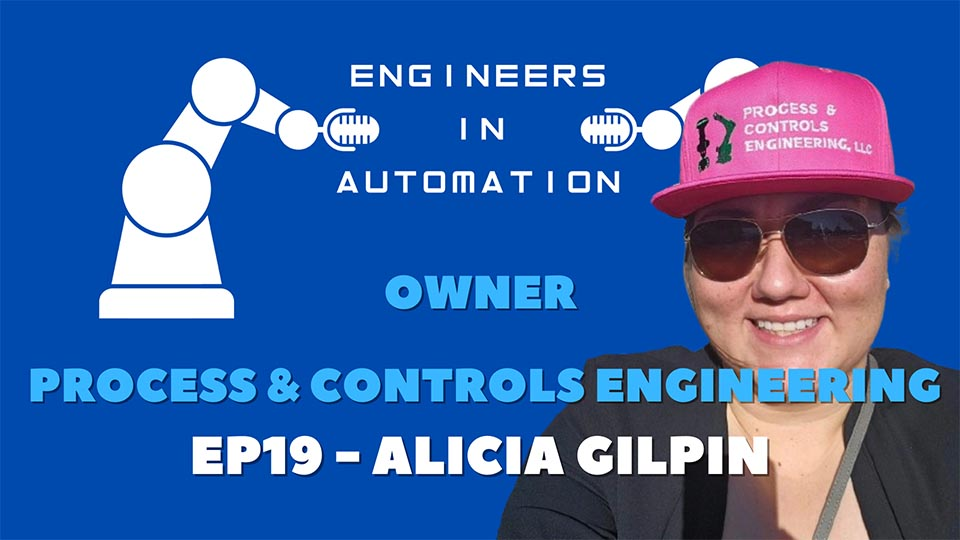
In this episode, we talk with Alicia Gilpin (Ali G), the owner of Process & Controls Engineering LLC. We discuss how she started her career in automation, coming from a chemical engineering background. She discusses why she decided to start her company and how she plans to continue to build it. We also discuss her automation podcast and her way to get more kids involved with automation, through her non-profit organization.
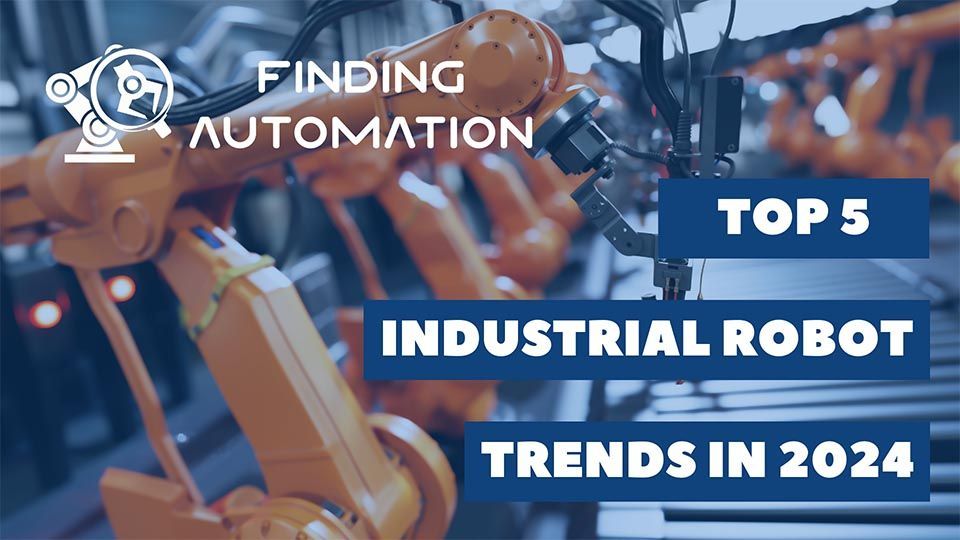
Top 5 Industrial Robot Trends In 2024 Robots are becoming more sophisticated and skilled as robotic technology advances at an extraordinary rate. From industrial manufacturing to food and beverage and pharmaceutical, robots are being used in numerous industries to automate what were once manual tasks by improving inefficient production lines and enhancing overall productivity. With the year 2024 upon us, it's worth looking at the top five industrial robot trends that we can expect to see in the coming year.

In this episode, we discuss with Jacob Sanchez how he got his start in the automation industry. We discuss why he thinks his social media following has grown so large and how to build your unique following. He also talks about becoming more comfortable in front of a camera and gives a few tips on public speaking. We also discuss his future plans for helping the younger generation get involved with manufacturing and automation
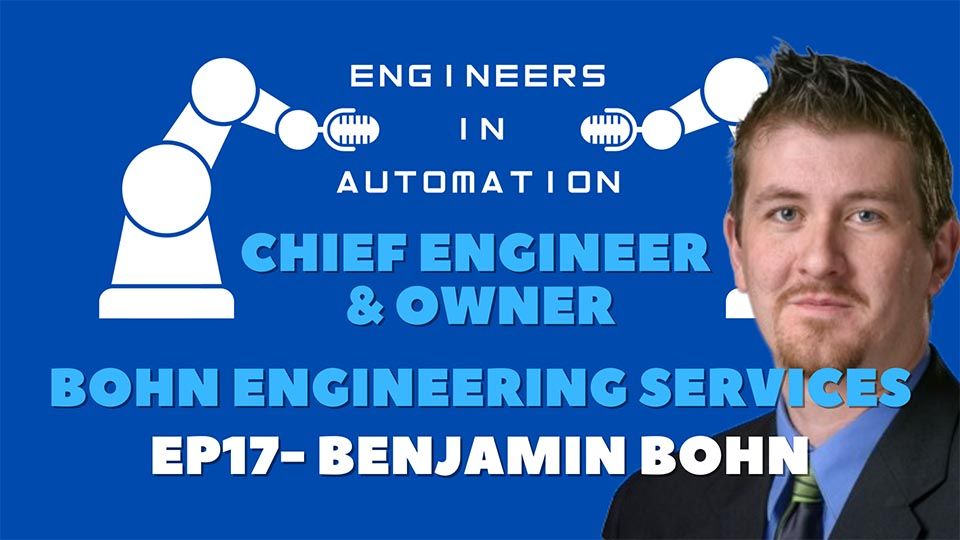
In this episode, we talk with Benjamin Bohn, Chief Engineer and Owner of Bohn Engineering Services. We discuss how he built his side gig, into a full-time engineering service business. We also talk about what he likes about being a business owner and some advantages he gets to enjoy during his free time as the owner of a company. We also talk about building his social media presence through memes.

In this episode, we talk with Vladimir Romanov, the Co-Founder of SolisPLC. We discuss how running a blog and creating helpful YouTube videos then became an online PLC training company. We talk about the different types of online training programs offered and what he likes about being the owner of his own company. We also discussed how the current economic burdens affect companies' training budgets.
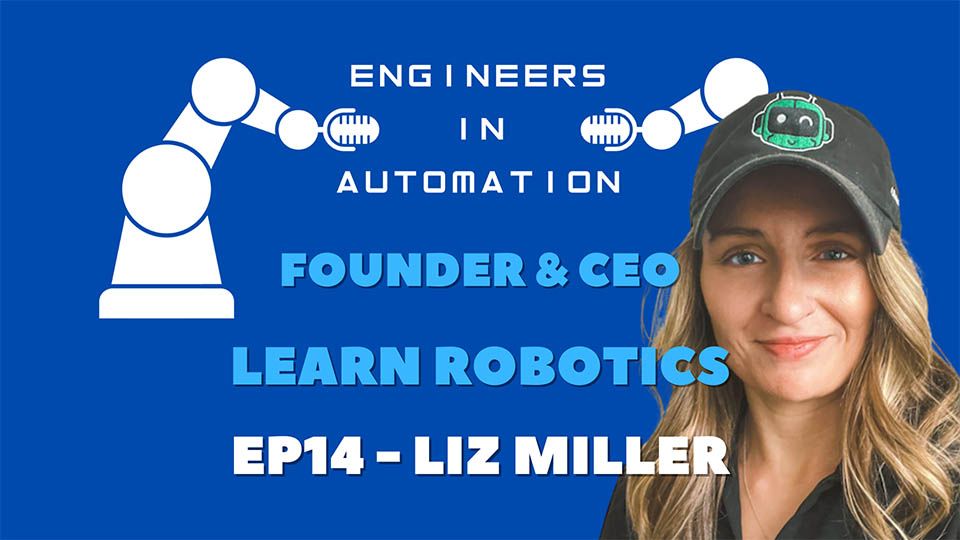
In this episode, we talk with Liz Miller, the founder and CEO of Learn Robotics. We discuss how she got into automation and robotics and how she has grown her automation coaching platform. We also discuss the coaching paths her course allows the clients to pursue to improve their automation careers and how to prepare to land their dream automation job. We also talk about the future of the robot and automation industry.
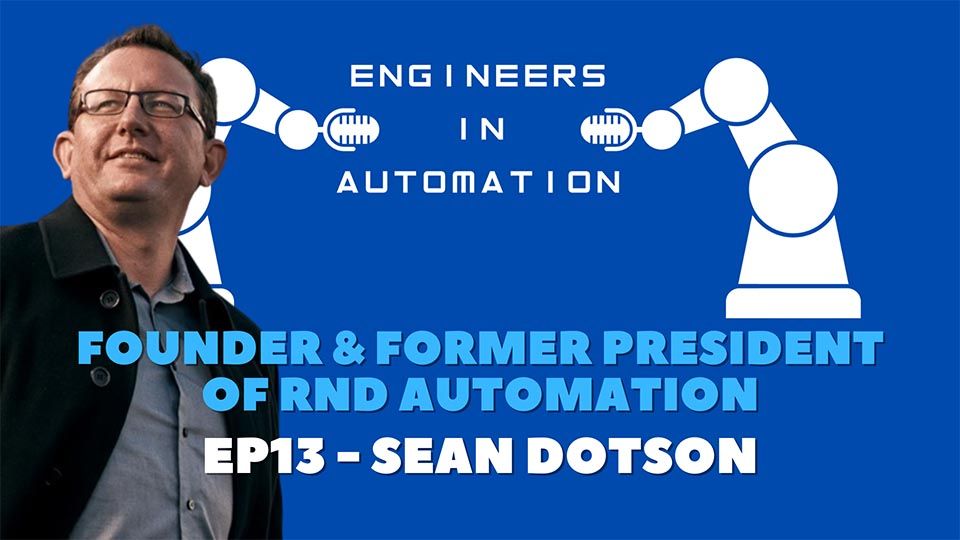
In this episode, we talk with Sean Dotson, the founder and former president of RND Automation. We discuss the automation industry in Florida and what lead him to start an automation company in his home state. We also discussed his likes and dislikes in the industry and what advice he would give someone interested in the automation industry.

